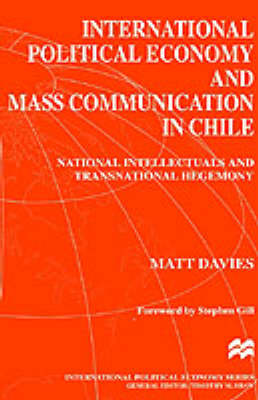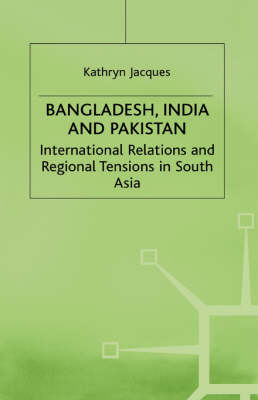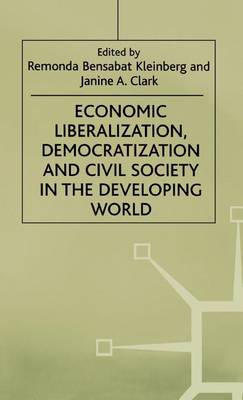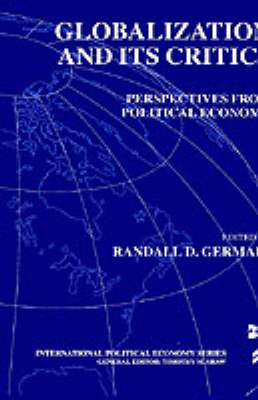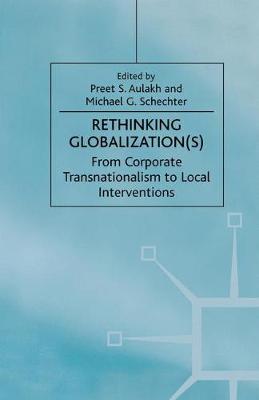International Political Economy
5 total works
This book develops an approach to international political economy that focuses on culture. It examines Chilean communication scholarship as it developed under shifting political regimes and changing international political economic relations. Also examined is the importance of agency and culture in the political processes of building and challenging transnational hegemony, emphasizing the role of intellectuals.
This book provides a broad, analytical study of Bangladesh's relationship with India and Pakistan between 1975 and 1990. Bangladesh's role in South Asian international relations has tended to be overlooked and underestimated. The book reveals the complexity of the relationship between Bangladesh, India, and Pakistan and challenges the biased and stereotypical views often encountered regarding Bangladesh's foreign policy. Considerable contemporary evidence is interpreted from a variety of perspectives: domestic, regional, and extra-regional. The evidence is then used to assess the relative significance of these perspectives.
This 12 country comparative volume examines the impact of economic structural adjustment programs upon grassroots civil associations and the implications for political liberalization and democratization in the developing countries of Latin America, Africa, Asia, and the Middle East. The authors take an in-depth look at the impact of economic reform upon women's groups, human rights organizations, social-welfare non-governmental organizations, unions, and business associations. They challenge the prevailing assumption that economic reform will automatically lead to greater democratization.
Globalization and Its Critics challenges the claim that globalization is a clearly understood phenomena whose effects are well known and easily accounted for. It explores the categories we use to think about globalization, the dynamics which are driving it, and the effects which globalizing tendencies are having on the key institutional features of the contemporary world. The contributors examine not only how globalization is refashioning political and economic institutions, but also the way in which specific forms of knowledge and technology are shaping the ongoing dynamic of globalization. The volume concludes with a review of the issues posed by this important debate.
Contributors from diverse disciplinary, ideological, and theoretical perspectives, examine the multiple aspects and dimensions of globalization. By employing a variety of methodological approaches, the authors provide insights into the role of numerous agents in furthering the process and project of present and future globalization(s), as manifested in economic, political and cultural domains. Furthermore, they address the impacts of globalization in nation-states, emancipatory feminist and environmental movements, and migrant communities, as well as identify their participation in and opposition to the phenomena of globalization.
